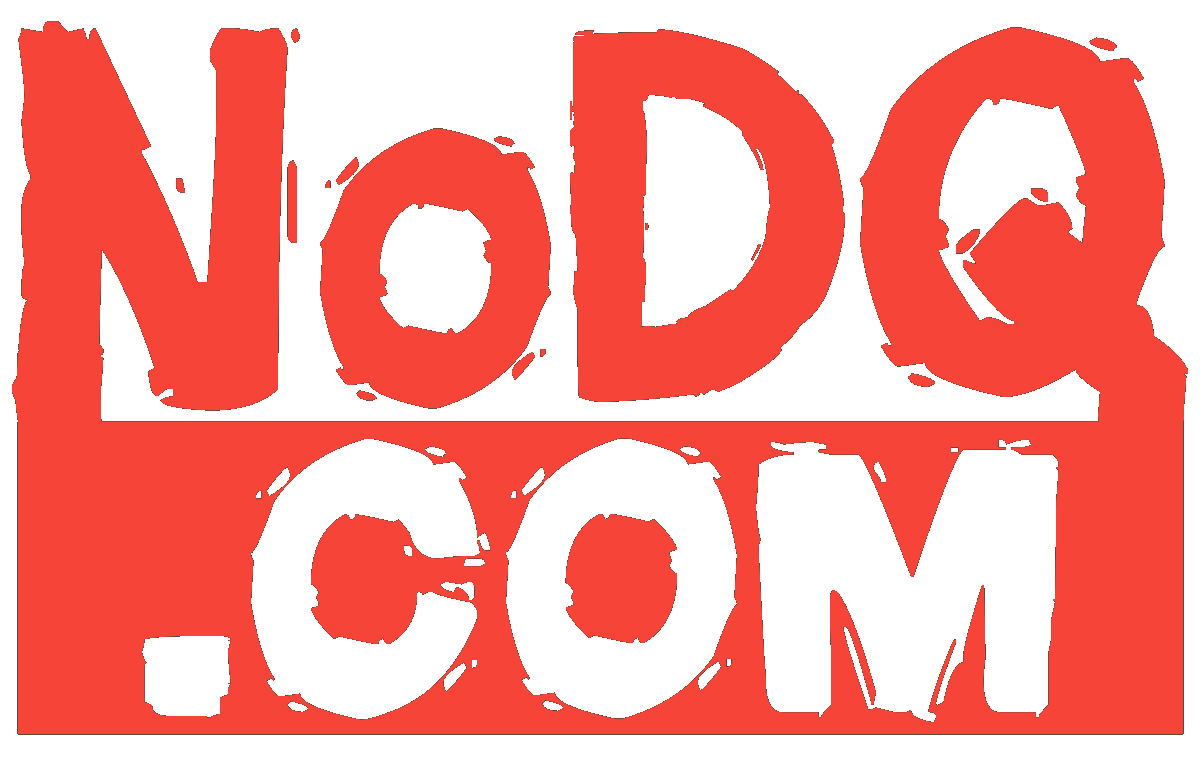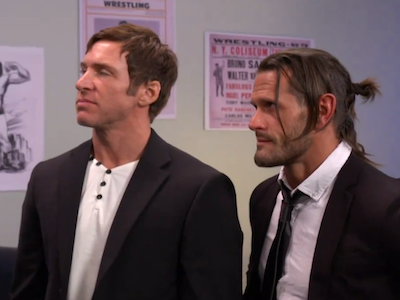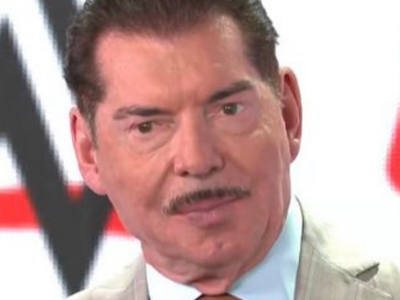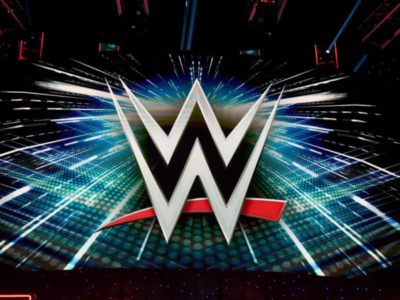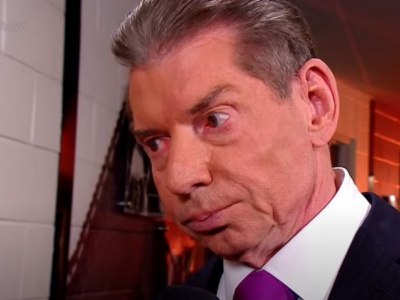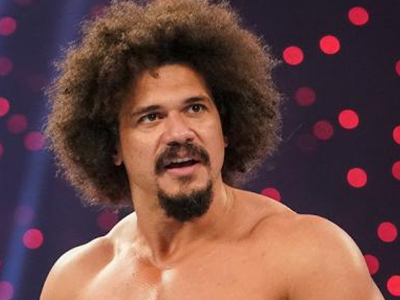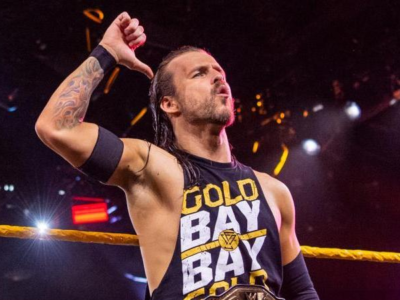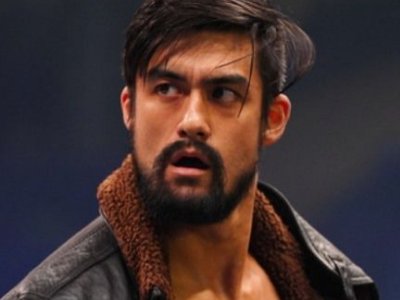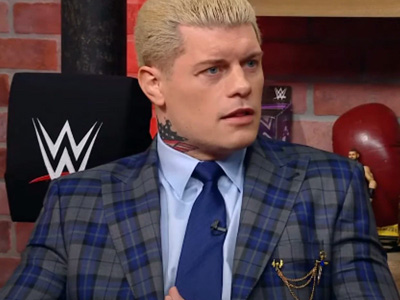Multi-generational curse? Do people expect more from a wrestler if they have family in the business?
“Wrestling has more than one royal family” may be an understatement considering just how many wrestlers come from families that have other wrestlers in them. For some, we look back at the Von Erichs as the catalyst of a wrestling family. Or we will look north to the Harts as the epitome of a wrestling dynasty. As it stands now, we as fans get to witness a magnitude of multi-generational talents every day of the week, regardless of what company or show we are watching. Today’s crop of talent is not being trained in the same sense as their relatives but rather in the WWE Performance Center, The Nightmare Factory, or getting training elsewhere on the independent circuit. There are a few questions though, is there a stigma with being in a wrestling family? Do people expect more from a wrestler if they have family in the business? Is it fair to compare two wrestlers from the same family if they were not trained by the same people and are nothing alike? Well, let’s get into it.
Randy Orton, Charlotte Flair, and Roman Reigns are all names that we associate with being multi-generational. But what about Brooks Jensen, Carmella, and Raquel González. When fans hear that a wrestler is related to another wrestler, the first thing they do is compare them to their family members. This is the reason why people like Brooks Jensen, Von Wagner, and Bron Breakker started with names that are not associated with their parents/family. They all wanted to make a name for themselves before revealing who they are related to, though with Bron it was a little easier to spot. If a wrestler has family members who are seen as superstars or even megastars, in the case of Ava Raine, is it fair to judge them so quickly while they are still learning and trying to figure out their character?
On the other hand, there have been wrestlers who have surpassed those in their family whether through in-ring ability or their connection with the crowd, or even their character that is portrayed for the crowd. Richie Steamboat was someone who was held to a high standard upon their debut. People talked nonstop about how he should be like his dad Ricky Steamboat, or how he should wrestle more like his dad, or how he is not “as great” as his dad. That is a lot of pressure to put on a talent when they are debuting and it all came from the fans. Should he have used a different name? Could he have been given a different gimmick? Perhaps but that is easier to answer in hindsight.
We need to give multi-generational talents the same opportunities that we give all other newly starting talents. Give them time to learn and make mistakes instead of instantly comparing them to veterans in their families or veterans in general. Just because someone comes from a family that has wrestlers, it does not mean they will be more experienced in year one than a college athlete who is also in their first year. It takes time to develop a character and it takes time to polish in-ring ability. There are some special cases where wrestlers just connect with the crowd and their in-ring is beyond where they “should be”, like Charlotte Flair (a second-generation wrestler) and Julius Creed (someone who came into professional wrestling after being a college athlete), when they first start wrestling but they are the “exception to the rule”.
Fans need to cut back on being overly critical of multi-generational wrestlers. We all had a lot of fun when Hook made his debut on AEW and he continues to grow as a performer. We are all anxious to see what Ava Raines brings to the table in the future. Even Von Wagner is starting to have some fun character development that involves his childhood and his family. Things take time and wrestlers take time to grow. I think, as fans, we need to try our best not to compare wrestlers to their family members and judge them based on their own merit.
